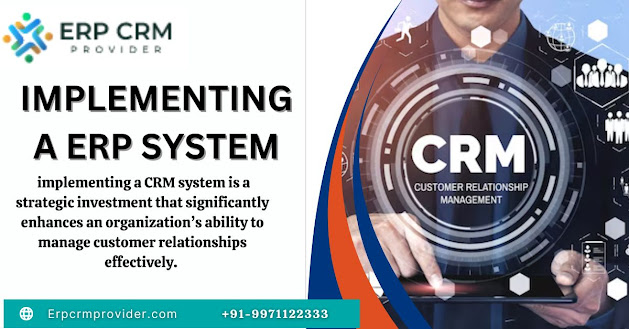Understanding CRM Systems: Transforming Customer Relationships
Understanding CRM Systems: Transforming Customer Relationships
Customer Relationship Management (CRM) systems have become vital for businesses looking to optimize their interactions with customers and improve operational efficiency. These powerful tools enable organizations to manage customer data, track sales activities, and automate marketing efforts, fostering stronger relationships and enhancing customer satisfaction. In this blog, we will explore the core functionalities of CRM systems, highlighting their key benefits, such as improved communication, streamlined processes, and better data analysis. Additionally, we’ll discuss essential features to look for when selecting a CRM system and provide guidance on choosing the right solution tailored to your business needs. Whether you're a small startup or a large enterprise, understanding CRM systems can transform how you connect with your customers.
What is a CRM Systems
The customer relationship management system is software that helps businesses manage their interactions with customers and leads. ERM system to help businesses manage their interactions with current and potential customers. By consolidating customer data, CRM systems provide a centralized platform for tracking sales, customer service, marketing efforts, and overall customer engagement.
- Assess Your Needs: Identify the specific challenges you want the CRM to address. Consider factors like team size, industry, and customer base.
- Evaluate Features: Look for features that align with your business objectives, such as automation, analytics, or mobile access.
- Consider Scalability: Choose a CRM that can grow with your business, offering additional features or capacity as needed.
- Check Integration Options: Ensure the CRM can integrate with your existing tools and systems for a cohesive workflow.
Key Features of CRM Systems
- Contact Management: Organizes customer
information and interactions, making it easily accessible
- Sales Automation: Sales automation refers to the use
of technology and software tools to streamline and automate various tasks and
processes in the sales cycle.
- Customer Support: Provides tools for managing customer inquiries and support
requests efficiently.
- Reporting and Analytics: Reporting and analytics refere to the tools
and functionalities that enable businesses to gather, analyze, and visualize
data related to customer interactions, sales performance, and marketing
efforts.
Conclusion
In
conclusion, a Customer Relationship Management (CRM) system is an invaluable
asset for businesses striving to enhance customer relationships and improve
operational efficiency. By centralizing customer data and automating key
processes, CRMs empower organizations to make informed decisions, foster
stronger connections, and drive sales growth. As businesses continue to evolve
in a competitive landscape, investing in the right CRM solution can lead to
increased customer satisfaction and long-term success. Understanding your
specific needs and selecting a CRM that aligns with your goals is essential for
maximizing its benefits and ensuring a brighter future for your organization.





Comments
Post a Comment